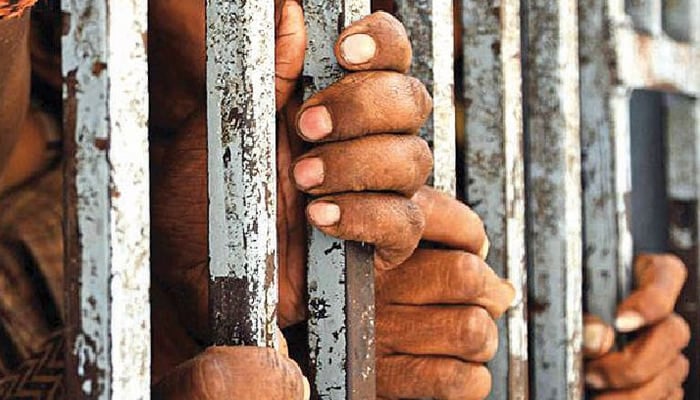No fewer than 50 Nigerians have been arrested in one of India’s largest coordinated crackdowns on a transnational narcotics network. The suspects are believed to be part of a widespread drug-distribution and hawala-based money-laundering syndicate operating across several major cities.

According to reports, the operation was led by the Delhi Police in partnership with the Telangana Police’s EAGLE unit. Months of intelligence gathering resulted in simultaneous raids across Delhi, during which officers uncovered key layers of a cartel responsible for moving methamphetamine and cocaine throughout the country.
Investigations showed that the syndicate ran an extensive customer network using encrypted communication channels. The group also adopted delivery patterns similar to food-delivery apps, relying on “dead drops” to avoid direct contact with buyers.

Officials described the network as highly sophisticated, using layered communication methods and app-based delivery systems to evade law-enforcement detection.
Authorities further revealed that the cartel’s distribution chain was linked to a sex-trade ring, which provided both cover and logistics for the circulation of drugs. Investigators have identified nearly 2,000 individuals who allegedly received drugs through courier services and dead-drop exchanges. They also discovered that the sex trade was used as a front to expand the cartel’s operations.

Reports indicated that the sweeping operation resulted in the arrest of 50 Nigerian nationals in Delhi. The effort involved collaboration with the Telangana Police’s Elite Action Group for Drug Law Enforcement, along with police units from Noida, Vizag, and Gwalior.
On the financial side, authorities said the cartel channelled its profits through hawala operators. The illicit proceeds were converted into goods such as garments and human hair, which were then exported to Lagos, Nigeria, disguising the drug money as legitimate trade. One major suspect is believed to have laundered at least ₹15 crore through these channels.

The arrest of the 50 Nigerians marks a significant breakthrough in efforts to dismantle entrenched drug cartels. Previous operations have also led to multiple arrests of foreign nationals linked to synthetic-drug trafficking in several Indian cities.
Police officials added that the next phase of the investigation will focus on tightening immigration checks, tracing hawala facilitators, and identifying remaining cartel leaders believed to be operating from outside India.




